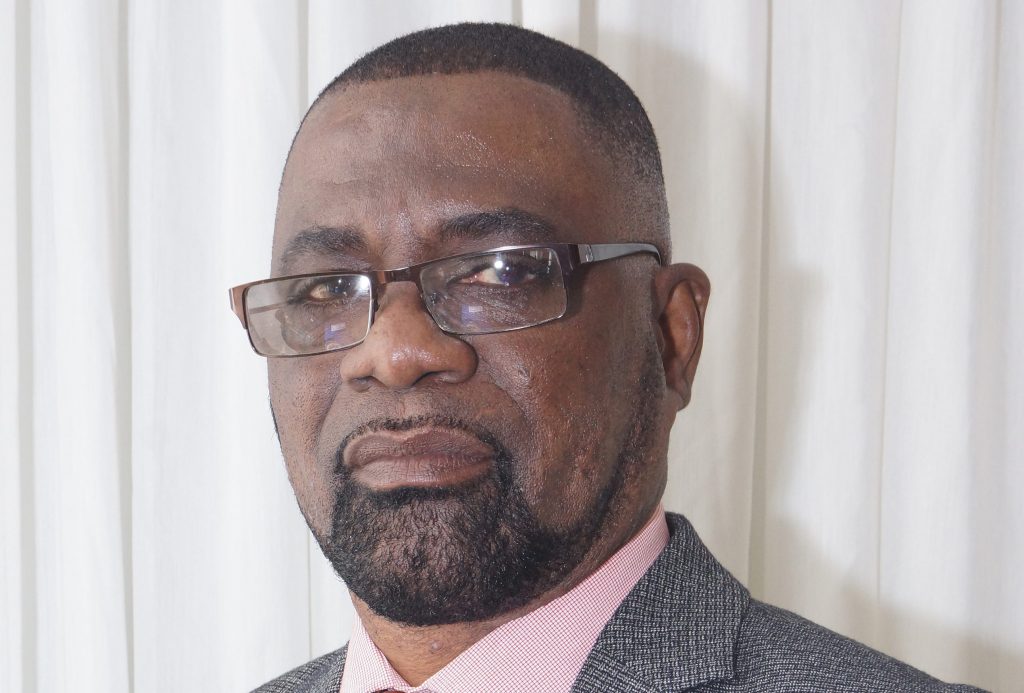
Director’s Message – Reaction to UNAIDS Report July 2017Director of PANCAP, Dereck Springer, shares his reaction to the UNAIDS Report, Ending AIDS: Progress towards 90-90-90
I wish to congratulate the Partnership and to acknowledge the significant progress made towards achieving the 90-90-90 targets, as highlighted in the UNAIDS Report, July 2017.
I thank the Joint United Nations Programme on HIV/AIDS (UNAIDS) for responding to the National AIDS Programme Managers’ (NAPs) request to provide the Caribbean with disaggregated regional data. This information is very useful as it allows us to track progress towards the 90-90-90 targets, and to identify the gaps.
HIV testing has been significantly scaled up with the use of rapid diagnostic technology, greater community involvement and prioritizing key populations testing. These efforts have yielded results as more than two-thirds of people living with HIV in the region know their status.
Over the last six years, the number of persons accessing treatment in the region has more than doubled. More recently, guided by scientific evidence on the benefits of earlier initiation, eight countries in the region have adopted the World Health Organisation’s recommendation of initiating antiretroviral therapy irrespective of CD4 count. This shift has contributed to an increase of 81% of persons who know their HIV status accessing treatment. This increase has played a significant role in reducing AIDS related deaths from 21,000 in 2000 to 9,400 in 2016.
Although less robust, there has been progress in achieving viral suppression. In 2016 about half of the people receiving antiretroviral treatment had access to viral load testing and among these, 67% were virally suppressed.
While we celebrate the progress made, we acknowledge the significant gaps along the 90-90-90 continuum. To achieve these targets, the region has to scale up HIV testing to ensure that the additional 81,000 persons living with the disease receive their diagnosis. There must be greater community engagement and increased use of rapid diagnostic technologies and point of care testing. On the treatment front, it is crucial for the region to increase access to high quality, effective antiretroviral therapy in order to initiate and maintain an additional 92,000 persons living with the disease who are not on treatment.
In this regard, programmes must continue to be evidence driven and more countries must make the shift to Treat All and introduce newer ARV regimen with high potency, high genetic barriers to HIV drug resistance, low toxicity and low cost that will enhance retention and achieve viral suppression. We must continue to build our laboratory systems to support treatment programmes so that all persons receiving treatment will have access to viral load testing.
The Partnership remains committed to achieving 90-90-90 by 2020 and ending AIDS in the region by 2030.
Read the UNAIDS report here.
